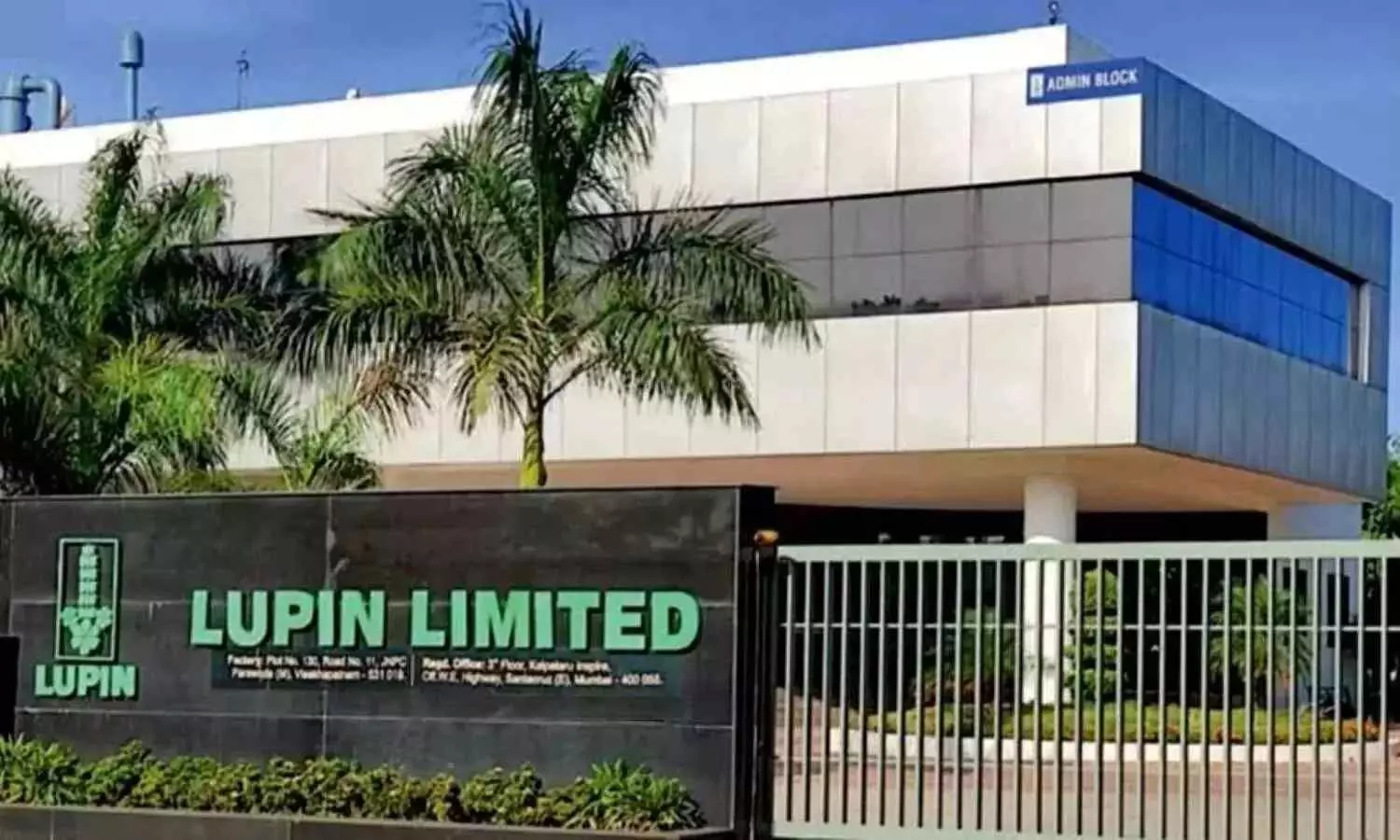Revise protocol for Denosumab 60 mg prefilled syringe solution for injection: CDSCO Panel tells Lupin

New Delhi: In line with the proposal presented by Lupin for conducting phase I study of Denosumab 60 mg prefilled syringe solution for injection (60 mg/mL), the Subject Expert Committee (SEC) functional under the Central Drug Standard Control Organisation (CDSCO) has opined the firm to revise the protocol with respect to inclusion of subjects in the study, excluding subjects from the study.
This came after the firm presented the proposal to conduct a Phase I study titled “An open label, randomized, single-dose, single-period, three treatment, parallel comparative pharmacokinetic, pharmacodynamic, and immunogenicity study of Lupin’s Denosumab 60 mg prefilled syringe solution for injection (60 mg/mL) with US and EU-approved Prolia (Denosumab) 60 mg solution for injection (60 mg/mL) in pre-filled syringe in healthy, adult, human male subjects” via Protocol No. LBC-P-097-24 dated 09.07.2024.
The expert panel suggested that serum calcium and vitamin D levels should be in a normal range for inclusion of subjects in the study. In addition, the committee stated that patients with histories of osteonecrosis of the jaw should be excluded from the study. Furthermore, the expert panel added that a serial assessment of levels of serum calcium and vitamin D should be done at each visit of the study subject.
Denosumab is a RANK ligand (RANKL) inhibitor used for the management of osteoporosis in patients at high risk for bone fractures. Denosumab is a novel, fully human IgG2 monoclonal antibody specific to receptor activator of nuclear factor kappa-B ligand (RANKL), suppresses bone resorption via inhibiting RANK-mediated activation of osteoclasts.
Denosumab is designed to target RANKL (RANK ligand), a protein that acts as the primary signal to promote bone removal/resorption. In many bone loss conditions, RANKL overwhelms the body’s natural defense against bone destruction. Denosumab prevents RANKL from activating its receptor, RANK, on the surface of osteoclasts and their precursors. Prevention of the RANKL/RANK interaction inhibits osteoclast formation, function, and survival, thereby decreasing bone resorption and increasing bone mass and strength in both cortical and trabecular bone.
At the recent SEC meeting for analgesics and rheumatology, the expert panel reviewed the proposed Phase I study protocol of Lupin’s Denosumab 60 mg prefilled syringe solution for injection (60 mg/mL).
After detailed deliberation, the committee recommended the firm conduct the Phase I study with the following changes in the protocol:
1. Serum calcium and vitamin D levels should be in the normal range for inclusion of subjects in the study.
2. Patients with history of Osteonecrosis of the jaw should be excluded from the study.
3. Serial assessment of levels of Serum Calcium and Vitamin D should be done at each visit of the study subject.
In accordance with the above, the expert panel suggested that the firm should submit revised protocol to CDSCO for further evaluation.



